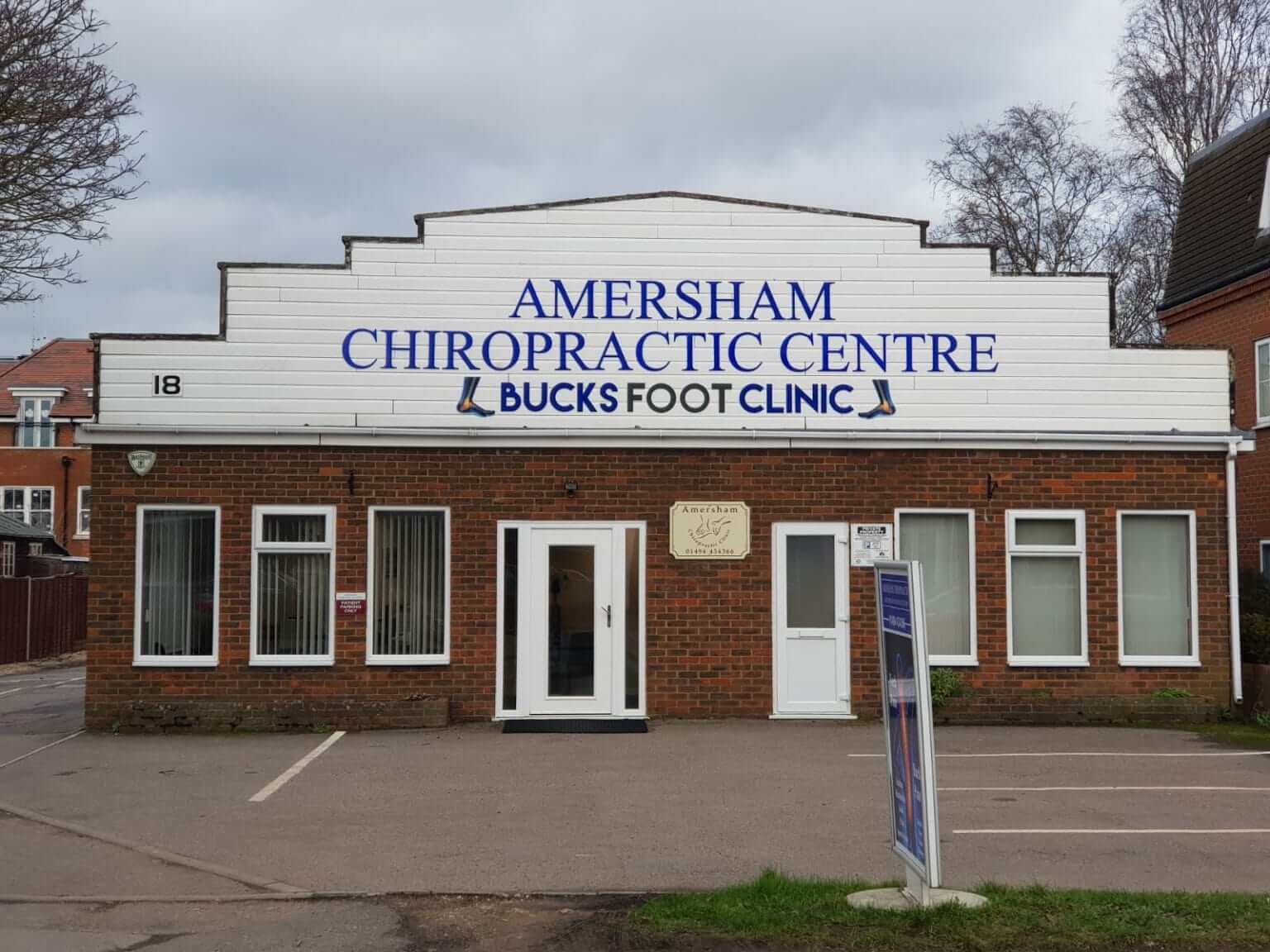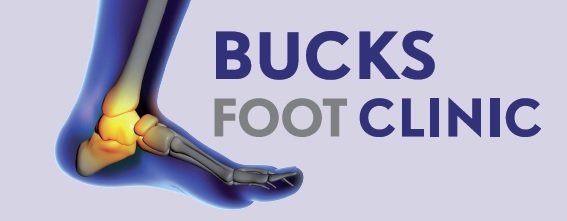
Do you feel pain in your toenail when you wear shoes? Or maybe the pain is prevalent irrespective of your footwear. Either way, you could just be dealing with an ingrown toenail or an ingrown toenail infection.
A lot of people aren’t sure how to properly treat and care for their ingrown toenails. In fact, some people even ask “who treats ingrown toenails?”. If you think you may be confused, this blog is perfect for you. We’ll explain what ingrown toenails are, their symptoms, how to deal with them, and who treats ingrown toenails (Podiatrists).
If you think you need to visit a podiatrist “near me”, book an appointment with Bucks Foot Clinic today.
What Are Ingrown Toenail Infections?
First, it would help to make it clear exactly what an ingrown toenail infection is and how it’s caused.
Ingrown toenail infections occur when the corner tip or edge of your toenail pokes into the skin surrounding it, instead of freely growing outwards. The toe that’s most likely to suffer from this issue is your big toe since it’s usually the one that’s most in contact with your footwear.
This condition is potentially very painful and can affect pretty much anyone, of all ages. Left untreated, an ingrown toenail infection can lead to other infections that may even spread into the underlying bone structure of your feet.
If you have a condition that reduces the blood flow to your feet, like diabetes and peripheral arterial disease, you’re more likely to suffer from an ingrown toenail. In fact, if you suffer from any of these conditions, your ingrown toenail can turn sour very quickly and lead to severe complications. This is why it’s important to know the symptoms early on and treat it accordingly.
Ingrown toenails are treatable at home, but at-home treatments can lead to complications if not carried out properly and hygienically. These complications will require immediate attention from a podiatrist or medical practitioner.
Ingrown Toenail Symptoms
Now that you know what an ingrown toenail is, we can tell you what to look out for when self-diagnosing an ingrown toenail infection.
You may have an ingrown toenail infection if you have any of the following symptoms:
- Swelling in the affected area
- Pain when you touch the area
- You feel pressure under your affected toenail
- Throbbing sensations in the area
- A foul smell coming from the affected area
- Warmth in and around the infected area (this is your body’s way of telling you that you have an infection, while also fighting off said infection)
- Hardened skin around the affected nail, accompanied by redness
- You may experience a build-up/ooze of fluid in the affected area
- Your nail is thick, yellowing, or cracked. This is a key symptom of a fungal infection and must never be ignored
- You may even develop an abscess that fills with pus, in the area where your nail has punctured your skin
- The edges of your nail have an overgrowth of new and inflamed tissue
Just like any other medical issue, an ingrown toenail starts with minor symptoms that can later on become more serious if not tended to. You must always try to identify an issue when it’s in its budding stage so you can take care of it before it gets too serious.
Who Treats Ingrown Toenails?
If you’ve ever wondered, “who treats ingrown toenails?” we’ll clear up that doubt for you. The best person who treats ingrown toenails is a Podiatrist.
Lots of people still aren’t aware of what podiatrists do and still find themselves asking the question, “What is a Podiatrist?”
A Podiatrist is a medical specialist that helps with problems related to your feet and lower legs. We can deal with complications from health issues like diabetes and even treat minor and major injuries. People also call us Podiatric Physicians or Doctors of Podiatric Medicine, as well as Chiropodists.
Though a Podiatrist IS a doctor, they don’t go to traditional medical schools. There are separate schools and professional associations for Podiatrists. Doctors usually have an “MD” after their name, which stands for “Medical Doctor”. We have “DPM” at the end of our names. This stands for “Doctor of Podiatric Medicine”.
We can perform surgeries, reset broken bones, order lab tests or x-rays, and even rest broken bones. We’re completely licensed to do so, and we often work alongside other specialists that treat issues of the feet and lower legs.
Managing Ingrown Toenails At Home?
If your ingrown toenail looks like it’s just about budding and is still in its early phase, you can go ahead and try out any of the below ingrown toenail management methods.
- NEVER yank or pull on your nail! This can break the skin severely and lead to horrendous complications. You might be able to access your ingrown toenail by lifting your skin gently with a piece of floss. Just make sure to never force it open, and also ensure that your hands are sanitised and clean before you try to treat your ingrown toenail infection.
- To drain the affected area of pus and to reduce your pain, you must fill a bucket with warm water and add Epsom salt or coarse salt to it. Then, gently soak your foot in this solution so your skin softens around your ingrown toenail.
- After softening your skin and draining it of any pus, you can put an antibiotic/antifungal lotion or cream on the nail and the skin around and under it. Apply the cream directly.
- If your pain is unbearable, you can take an over-the-counter (OTC) medicine to help with it. Apart from this, you can also take OTC medications to reduce the swelling and discomfort. If the pain truly is unbearable, though, we suggest seeing a podiatrist instead of jumping into OTC medications and trying to treat it on your own.
After you’ve tried all of the above, if your pain and infection persist after a few days, it’s advisable to visit a podiatrist. They’ll be able to lift and access the underpart of your nail much easier, so your topical antibiotics can be applied swiftly and can take effect better. Finding a podiatry “near me” is fairly simple. You can just google it and you’ll find many viable results. Now that you’re here already, you can book an appointment with us too!
Podiatry near me
As we said above, it’s easy to find a podiatry “near me”. The internet is full of amazing information and businesses ready to help you out. We’re one of them! If you need a podiatrist near you, book an appointment with Bucks Foot Clinic today!
Please call us on 0800 107 3290 / 077 99 122 099 Or contact us now
